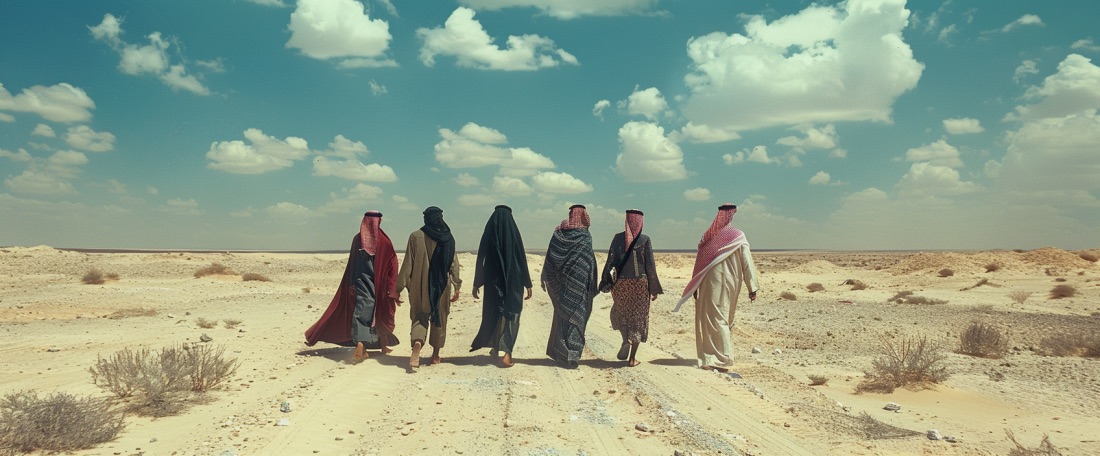Keeping Up Energy Levels During the Last 10 Days of Ramadan
As Muslims enter the final stretch of Ramadan, a time when worship is intensified in search of the night of power, maintaining energy levels becomes crucial.
Preparing for the Night of Power
Dr. Hina Shahid, chairperson of the Muslim Doctors Association, shared insights on how British Muslims can equip themselves for fasting through the day and worshipping at night during the last 10 days of Ramadan.
The Significance of Laylat Al-Qadr
Laylat Al-Qadr, or the night of power, is a sacred night in the Islamic calendar, believed to fall on one of the odd-numbered nights of the last 10 days of Ramadan. It holds special significance as the night when the Qur’an was first revealed to Prophet Muhammad.
Optimizing Worship and Energy Levels
During the last 10 nights of Ramadan, Muslims dedicate more time to prayer, supplication, and Qur’an recitation. Dr. Shahid emphasized the importance of consuming balanced meals rich in fluids for both sahoor and iftar to maintain energy levels.
Healthy Eating Habits for Worship
Dr. Shahid advised having meals based on complex carbohydrates, healthy fats, proteins, fruits, vegetables, and plenty of fluids. She stressed the importance of maintaining hydration levels and choosing local, seasonal produce for optimal health.
Carrying Forward Good Habits
After Ramadan, Dr. Shahid recommended being mindful of food intake, increasing fluid consumption, and quitting smoking to continue the positive habits cultivated during the holy month.
Food as Medicine for Body and Soul
Dr. Shahid highlighted the concept of food as medicine, emphasizing that the purpose of eating is not only to nourish the body but also to feed the soul and optimize worship.

